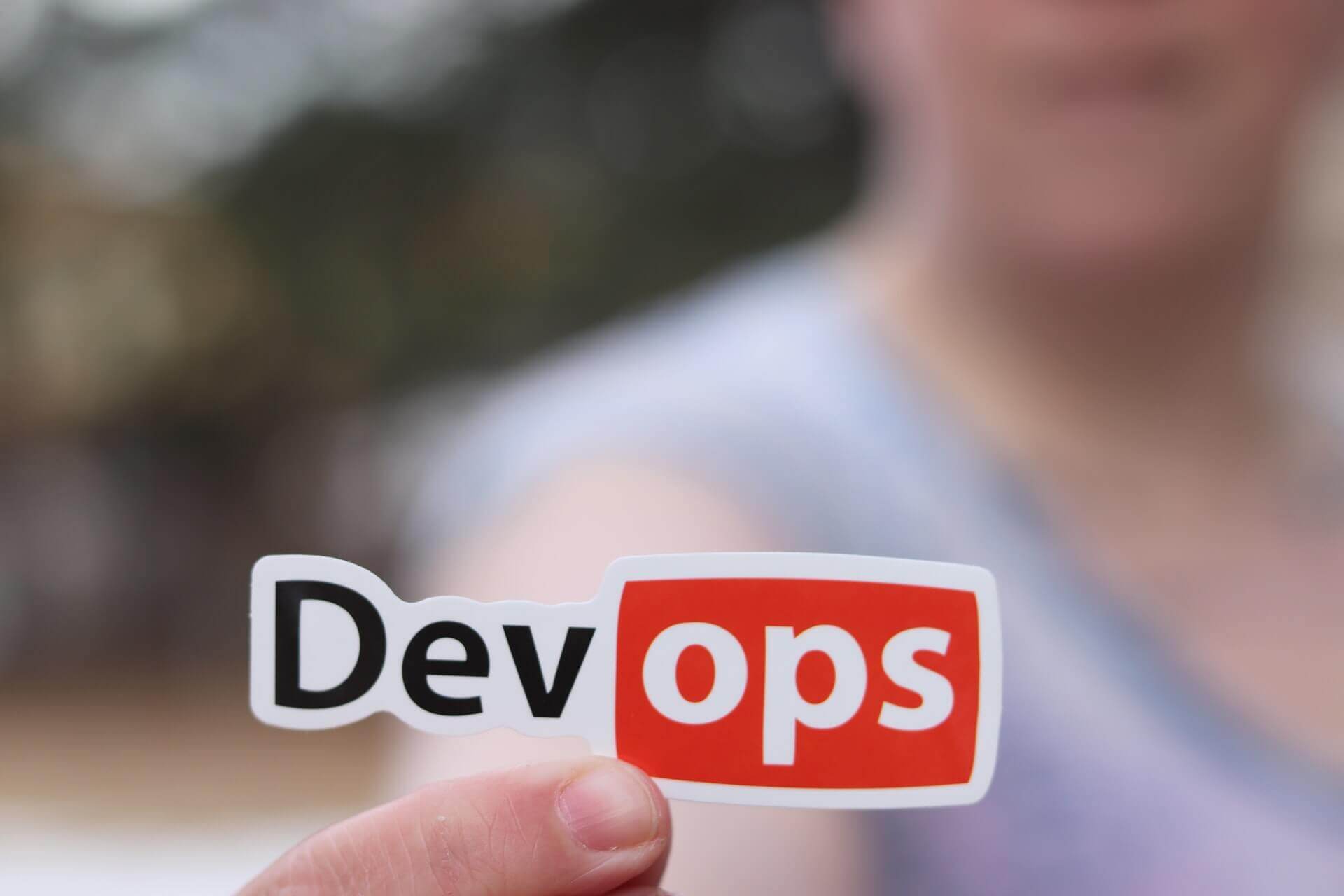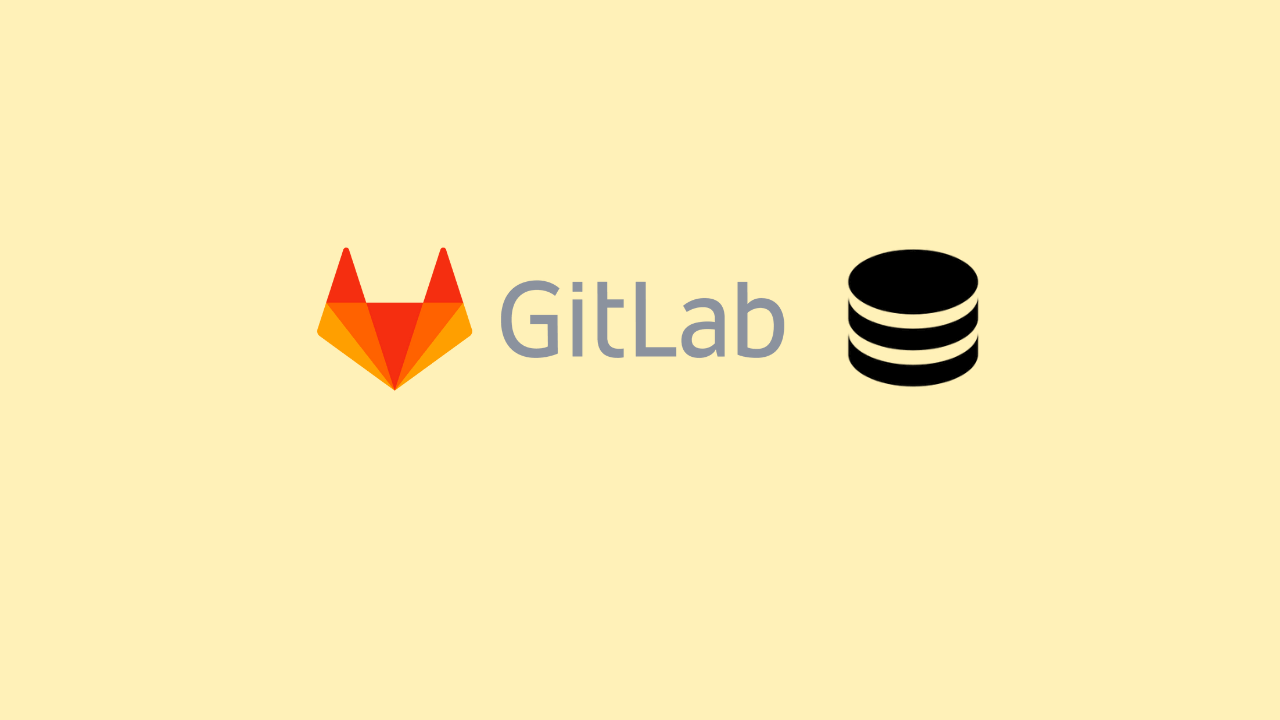7 DevOps Trends in 2022
-
 Chatty Garrate
Chatty Garrate
- Automation, Cloud, Dev ops
- May 22, 2022

What Is DevOps?
DevOps is an approach to developing applications, and it involves breaking down traditional barriers between development and production environments. It aims to bring together separate groups of people who previously worked separately to build applications. This leads to increased collaboration among developers and operations staff, improving delivery speed and reducing costs.
In addition, DevOps engineers encourage continuous integration (CI) and continuous deployment (CD) processes that ensure products are stable and ready to be released. CI refers to testing each code commit before sending it to production. CD means deploying changes immediately after they are tested. These processes help ensure that every change goes through all stages of development without errors or delays.
DevOps Trends in 2022
As DevOps becomes more widespread, it will be used by more companies to achieve greater levels of efficiency and cost savings. As a result, more trends related to DevOps will emerge. Here are the top DevOps trends we expect to see in 2022:
1. Container Technologies
Container technology is expected to become even more important in DevOps because of its ability to scale up and out. In fact, containers are already being used to host websites, databases, and other infrastructure components. As such, it’s projected that DevOps teams will need to use container technologies when they deploy applications at scale. Kubernetes and other container-native services will also become increasingly popular due to their ability to provide custom resources that can manage large applications.
2. Serverless Computing
Serverless computing is a type of cloud computing where developers can write code and run applications without worrying about the underlying infrastructure. It has been growing in popularity over the past few years as organizations have realized how much easier serverless computing allows them to work with cloud providers. And as a result, this trend will continue to grow rapidly in 2022. Serverless computing will help DevOps teams reduce costs, increase developer productivity, and simplify continuous deployment processes.
3. Microservices Architecture
With the microservices architecture, each team focuses on building small pieces of functionality that can then be combined into larger applications or systems. This approach enables greater efficiencies in software delivery, allowing teams to release smaller features more frequently. In 2022, we can expect microservices architecture to make processes faster, cheaper, and safer for organizations that adopt DevOps practices.
4. Infrastructure as Code
Infrastructure as Code (IaC) is a development practice that automates the deployment and ongoing operation of application and service infrastructures. Managing infrastructure isn’t easy, so why not automate it? With IaC, you don’t have to worry about manually configuring new resources or updating your infrastructure. As a result, organizations can spend less time managing infrastructure and more time focusing on developing and deploying apps.
5. Automation and Artificial Intelligence
The rise of automation and artificial intelligence (AI) is another major trend that will impact the DevOps environment during the next decade. There’s no doubt that automation and AI have already had an enormous influence on modern business operations. We’ve seen them transform the way businesses interact with customers, employees, partners, and suppliers. They’re going to play a similarly significant role within the DevOps process. You can expect to see increased adoption of automation tools to help DevOps teams to handle massive amounts of data.
6. DevSecOps
Security is becoming increasingly important for all types of applications and infrastructure. This means that DevOps engineers must work closely with security experts to ensure that sensitive data remains safe while applications are deployed and updated. DevSecOps is a term that describes these kinds of collaborations between technical teams and security experts. Organizations that have adopted DevSecOps strategies report better security outcomes, so you can expect this trend to continue in 2022.
7. Hybrid Work Model
Remote work has become fairly common today, and we expect that trend to continue. However, certain companies still need to operate under a traditional office layout. Because of this, hybrid work models have proved to be successful. Companies can provide options for employees to work remotely when necessary without sacrificing productivity or collaboration. Organizations that have adopted the DevOps methodology are expected to see greater adoption of hybrid work models for better efficiency.
The Bottom Line
In 2022, we’ll likely witness continued advancements in DevOps technologies and techniques. Many organizations may also start adopting the DevOps methodology for their own operations as well. As more companies begin adopting DevOps, we anticipate seeing more trends emerge. Through continuous innovation and experimentation, DevOps will thrive in the coming years, and its success will depend largely on how effectively companies embrace change.

Chatty Garrate
Chatty is a freelance writer from Manila. She finds joy in inspiring and educating others through writing. That’s why aside from her job as a language evaluator for local and international students, she spends her leisure time writing about various topics such as lifestyle, technology, and business.
Note
Disclaimer: The views expressed and the content shared in all published articles on this website are solely those of the respective authors, and they do not necessarily reflect the views of the author’s employer or the techbeatly platform. We strive to ensure the accuracy and validity of the content published on our website. However, we cannot guarantee the absolute correctness or completeness of the information provided. It is the responsibility of the readers and users of this website to verify the accuracy and appropriateness of any information or opinions expressed within the articles. If you come across any content that you believe to be incorrect or invalid, please contact us immediately so that we can address the issue promptly.


